
Wikipedia needs more women to help us close the gender gaps across projects and achieve the sum of all human knowledge.
Discover how you can #ChangeTheStats →
The nonprofit Wikimedia Foundation provides the essential infrastructure for free knowledge. We host Wikipedia, the free online encyclopedia, created, edited, and verified by volunteers around the world, as well as many other vital community projects. All of which is made possible thanks to donations from individuals like you. We welcome anyone who shares our vision to join us in collecting and sharing knowledge that fully represents human diversity.
Protect and sustain Wikipedia
Donations are secure
1
Wikimedia projects belong to everyone
You made it. It is yours to use. For free. That means you can use it, adapt it, or share what you find on Wikimedia sites. Just do not write your own bio, or copy/paste it into your homework.
2
We respect your data and privacy
We do not sell your email address or any of your personal information to third parties. More information about our privacy practices are available at the Wikimedia Foundation privacy policy, donor privacy policy, and data retention guidelines.
3
People like you keep Wikipedia accurate
Readers verify the facts. Articles are collaboratively created and edited by a community of volunteers using reliable sources, so no single person or company owns a Wikipedia article. The Wikimedia Foundation does not write or edit, but you and everyone you know can help.
4
Not all wikis are Wikimedia
The word “wiki” refers to a website built using collaborative editing software. Projects with no past or existing affiliation with Wikipedia or the Wikimedia Foundation, such as Wikileaks and wikiHow, also use the term. Although these sites also use “wiki” in their name, they have nothing to do with Wikimedia.
Research
We conduct our own research and partner with researchers worldwide to address change in society and technology.
More about research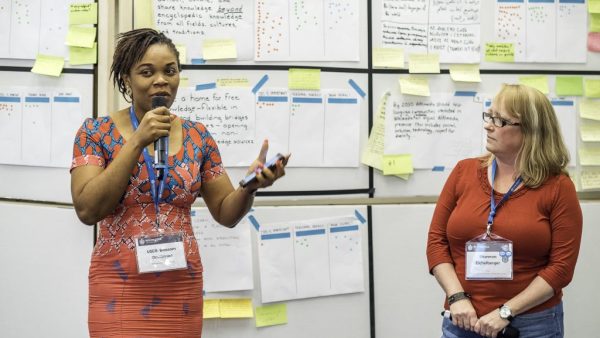
Technology
From site reliability to machine learning, our open-source technology makes Wikipedia faster, more reliable, and more accessible worldwide.
More about technology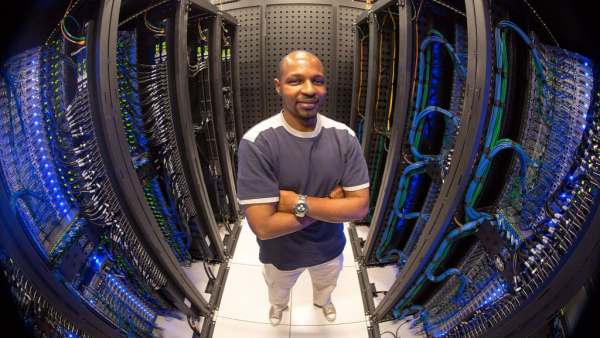
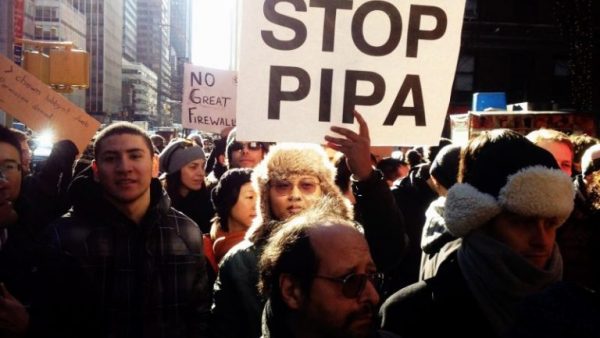
Collaborative projects are the core of the Wikimedia movement
Our volunteers build tools, share photos, write articles, and are working to connect all the knowledge that exists.
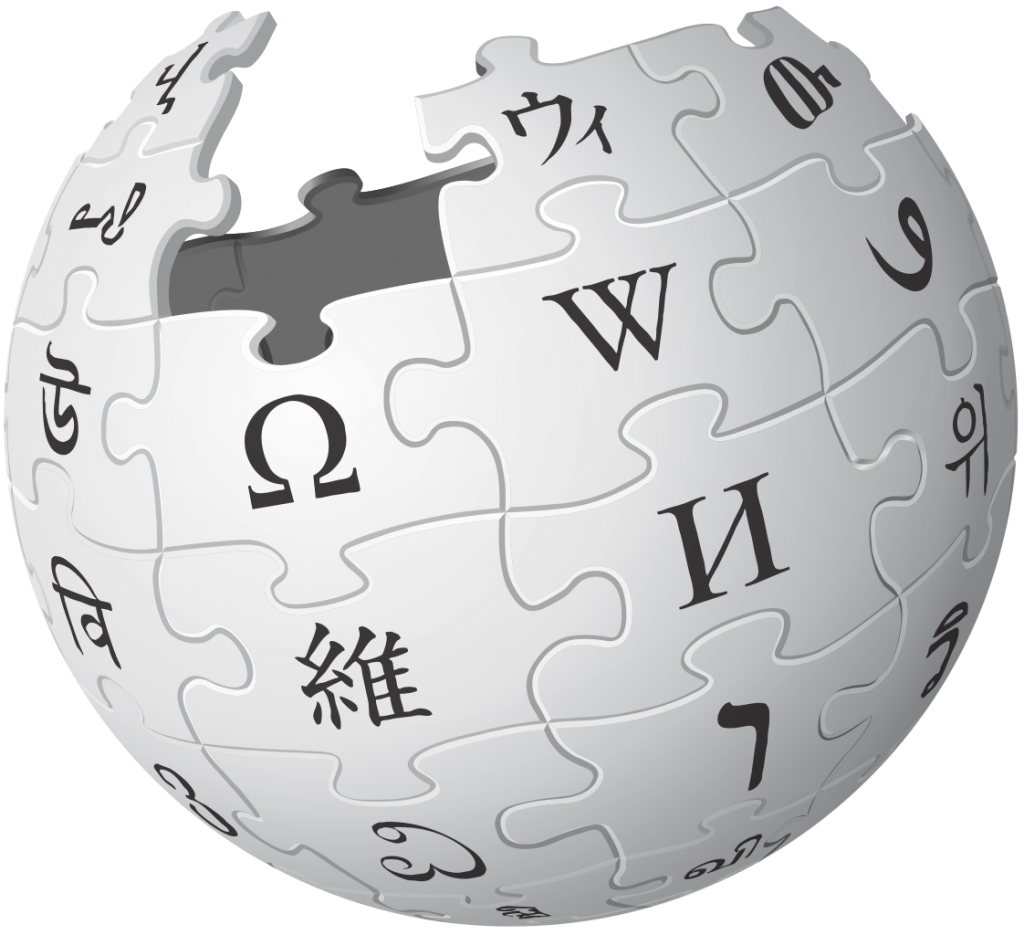
Wikipedia
Free encyclopedia written in over 300 languages by volunteers around the world.
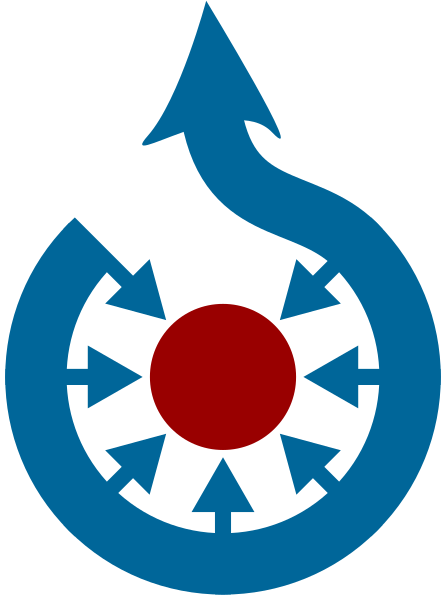
Wikimedia Commons
The world’s largest free-to-use-library of illustrations, photos, drawings, videos and music.
See what we have been up to
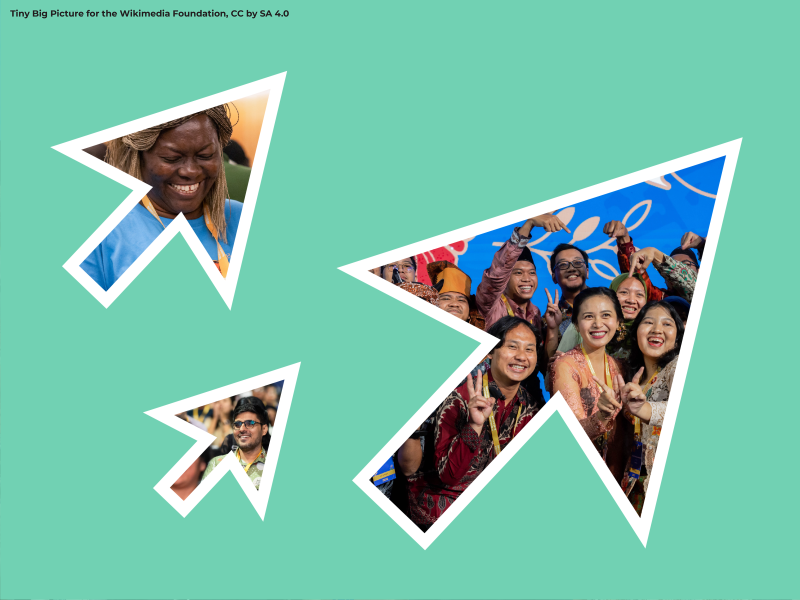
Wikimedia Foundation and global communities call on UN Member States to protect Wikipedia and other public interest projects in the Global Digital Compact
New open letter calls for UN Member States to include three key commitments in the Global Digital Compact that can allow public interest projects and the people who create them to thrive.
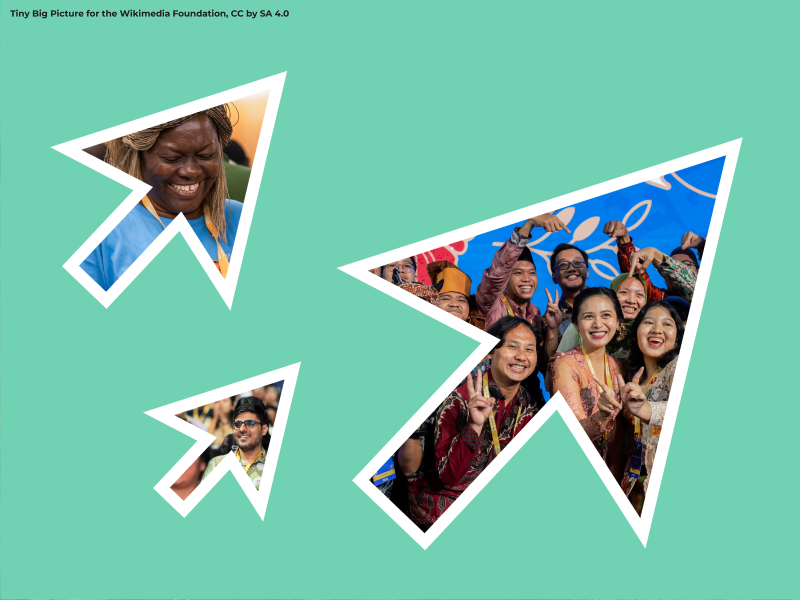
Open letter to protect Wikipedia and other public interest projects in the Global Digital Compact
A new open letter from the Wikimedia Foundation, the nonprofit that operates Wikipedia and other Wikimedia projects, and Wikimedia affiliates around the world calls on UN Member States to protect Wikipedia and other public interest projects in the forthcoming Global Digital Compact.
Wikimedians are heroes of free knowledge
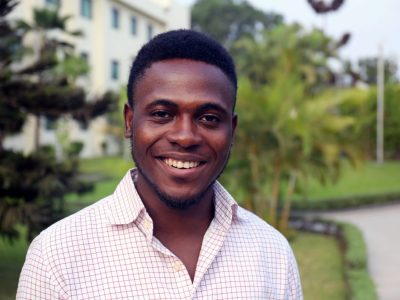
Sam Oyeyele
Editor since 2011, Wikimedia community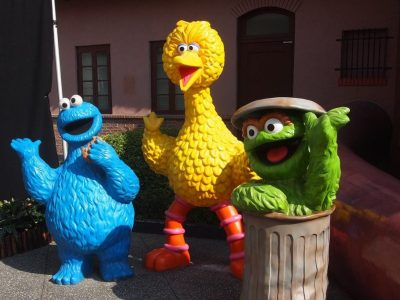
Christine Meyer
Editor since 2007, Wikimedia community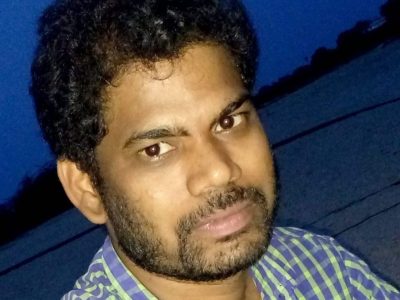
Pranayraj Vangari
Editor since 2013, Wikimedia communityThroughout history, knowledge has been controlled by a powerful few. Wikipedia needs knowledge from all languages and cultures. The internet has become the default for accessing information—women, people of color, and the global south remain underrepresented. We invite you to help correct history.
Help us unlock the world’s knowledge.
As a nonprofit, Wikipedia and our related free knowledge projects are powered primarily through donations.
Donate now
Contact us
Follow
Photo credits
Zachary McCune/Wikimedia Foundation
Jason Krüger/Wikimedia Deutschland e.V.
